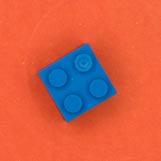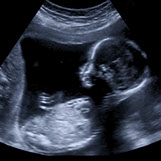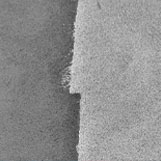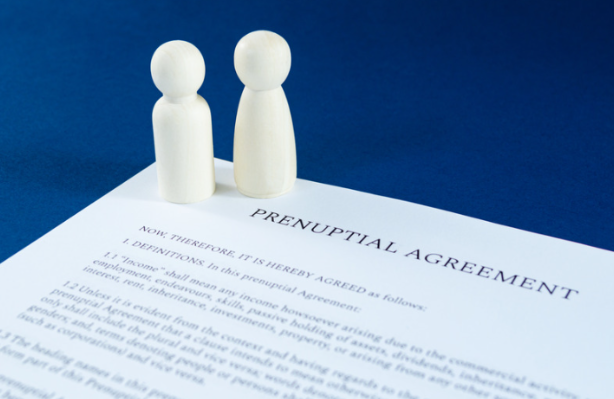Divorce and separation are never easy, especially when it comes to dividing the life you’ve built together. While discussions about finances, property, and child custody often take centre stage, the fate of a beloved family pet can become a significant and emotional issue. For many people, pets are more than just animals—they are part of the family, companions who offer unconditional love and support. However, the law in Scotland does not reflect this emotional bond. When a relationship ends, determining pet custody can be far more straightforward—and legally restrictive—than many people realise.
In this guide, we’ll explore the concept of a “pet-nup” (a prenuptial agreement concerning pets) and clarify how Scottish law treats pets during divorce or separation.
Pets in Scottish Law: Moveable Property, Not Family
Under Scottish law, pets are classified as moveable property, akin to cars, furniture, or jewellery. This legal classification means that pets are treated as possessions during divorce or separation proceedings. While you may consider your pet part of the family, the courts do not take emotional bonds, caregiving responsibilities, or financial contributions into account when deciding who keeps the pet. The key issue is ownership.
Crucially, courts in Scotland will not involve themselves in debates about who has provided primary care for the pet or who has contributed to their expenses. Ownership—and only ownership—matters in the eyes of the law. This can be a harsh reality for those who feel deeply attached to their pets but do not hold formal ownership rights.
Why a Pet-Nup Can Help
A pet-nup is an agreement that sets out what will happen to your pet if your relationship ends. Similar to a prenuptial agreement (prenup) that deals with financial assets, a pet-nup allows couples to agree on pet custody arrangements before problems arise. While not legally binding under Scottish law, a pet-nup can serve as a clear, written agreement that may help prevent disputes and guide decisions during a separation.
What Can a Pet-Nup Cover?
A pet-nup can address several key aspects of pet ownership, including:
- Ownership: Who will retain ownership of the pet if the relationship ends? This is the most fundamental issue and can help avoid costly and emotional disagreements.
- Financial Responsibilities: Who will cover ongoing costs, such as vet bills, insurance, food, or grooming?
- Visitation Rights: If both parties want to remain part of the pet’s life, visitation arrangements can be outlined.
- Decision-Making: Who will decide on significant issues like veterinary care or changes to the pet’s living arrangements?
- Relocation: How will the pet’s care be handled if one party moves away, either within Scotland or abroad?
What Happens Without a Pet-Nup?
If you don’t have a pet-nup and can’t agree on who keeps the pet, the division of property laws in Scotland will apply. As pets are treated as moveable property, ownership is the determining factor. Courts will typically consider the following:
- Who purchased the pet? Proof of purchase, such as receipts or registration documents, can help establish ownership.
- Registered ownership: The name on the pet’s microchip, insurance policy, or veterinary records will likely carry significant weight.
Importantly, even if one person has been the primary caregiver or has made substantial financial contributions, these factors are irrelevant in the eyes of the court. The court’s role is limited, and it will not interfere in custody disputes over pets—a reality that highlights the importance of having a pet-nup in place.
Case Study: RK v RKThe case of RK v RK highlights the limitations of Scottish courts when it comes to pet custody disputes. In this case, a divorcing couple found themselves battling over the custody of their dogs. Despite emotional arguments, the court ultimately chose not to intervene. While one party argued they had provided primary care, the decision rested on ownership, underscoring the legal framework that treats pets as property. |
Avoiding Conflict: Negotiating Pet Custody
Even without a pet-nup, it’s often possible to reach an amicable agreement with your partner regarding your pet. Here are some steps to help resolve disputes:
- Open Communication: Have an honest discussion about your pet’s future, focusing on what is best for the animal.
- Consider Mediation: If an agreement can’t be reached, mediation can help both parties find a fair and reasonable solution.
- Document the Agreement: Even if it’s not legally binding, putting an agreement in writing can provide clarity and reduce the risk of future conflict.
- Seek Legal Advice: A solicitor experienced in family law can guide you through the process and help you understand your rights.
Protect Your Pet’s Future with a Pet-Nup
For many, pets are more than property—they are cherished companions and members of the family. Unfortunately, Scottish law does not recognise this emotional connection. Because the courts will only consider ownership, preparing a pet-nup can provide clarity, avoid disputes, and help ensure your pet’s future is secure, no matter what happens in your relationship.
If you’re concerned about pet custody or want to draft a pet-nup, seeking expert legal advice can help you take proactive steps to protect your bond with your pet.
Pet Custody with Cath Karlin
For many, a pet is more than just property—they’re a beloved companion and family member. Ensuring their future is secure during a divorce or separation can be a significant concern. While the law in Scotland may not currently recognise pets as family members in the same way as children, there are steps you can take to protect your bond with your pet.
Whether it’s drafting an agreement before issues arise or seeking legal representation to advocate for your rights, taking proactive measures can help ensure that your pet remains a part of your life, no matter what the future holds.
If you have any concerns about pet custody or other family law matters, please don’t hesitate to contact me for expert advice and support tailored to your specific situation.








